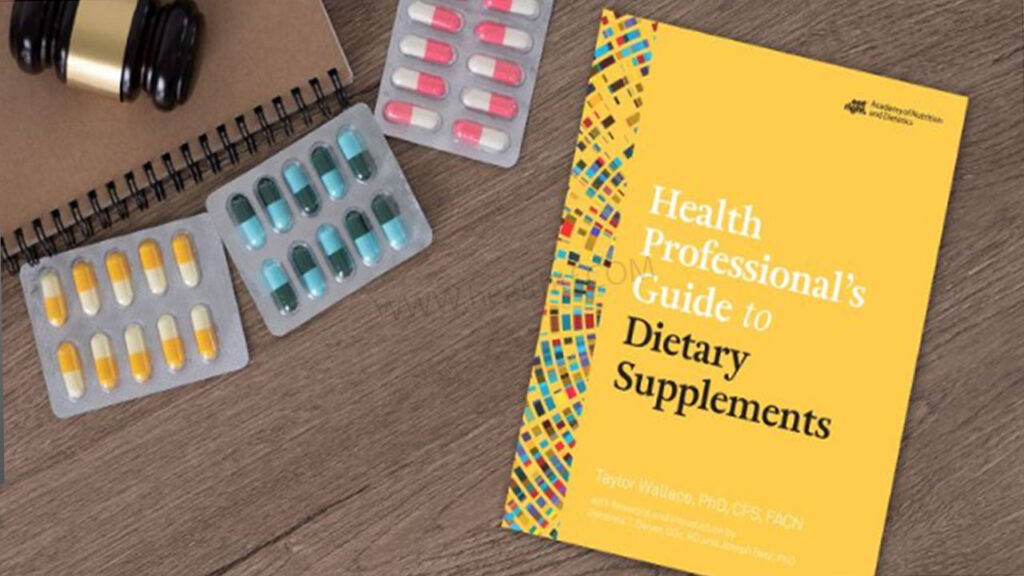We all know about dietary supplements—prebiotics, probiotics, vitamins, minerals, herbs, and protein powders—those substances you use to maintain or improve your health, replace nutrients, meet dietary needs, eat well to fend off disease. CHAPTER SUMMARY • It is important for you to be able to counsel patients properly about supplement use for their safety, efficacy, and well-being as a healthcare provider.

Supplementation is generally only required if you have some sort of deficiency, are bedridden, pregnant, old or ill. For example, you better take some vitamin D or calcium if you want to fall less — wouldn’t that be good for your bones? — — and supplementing with vitamin B12 is necessary if you are older or a vegan. But not everyone is good for every vitamin. The dangers of overdosing, drug interactions and medical conditions are all real.
Before they recommend any supplement, health care providers should screen a patient’s diet, medical history, lab test results, and lifestyle. Search for evidence-based practices (things that have been clinically researched) outlined dosages, clearly printed labels and third-party testing. But also patients need to be warned of the hazards of these high doses of unregulated drugs, especially ‘miracle’ or weight loss pills.
The purpose of food-first nutrition, along with supplements if necessary, is sense, not hype. And also keep medical experts’ on top to act as a “translator” for the patient, to prevent the supplement from coming in a form that is conducive to health and not “lack” or “danger”.


